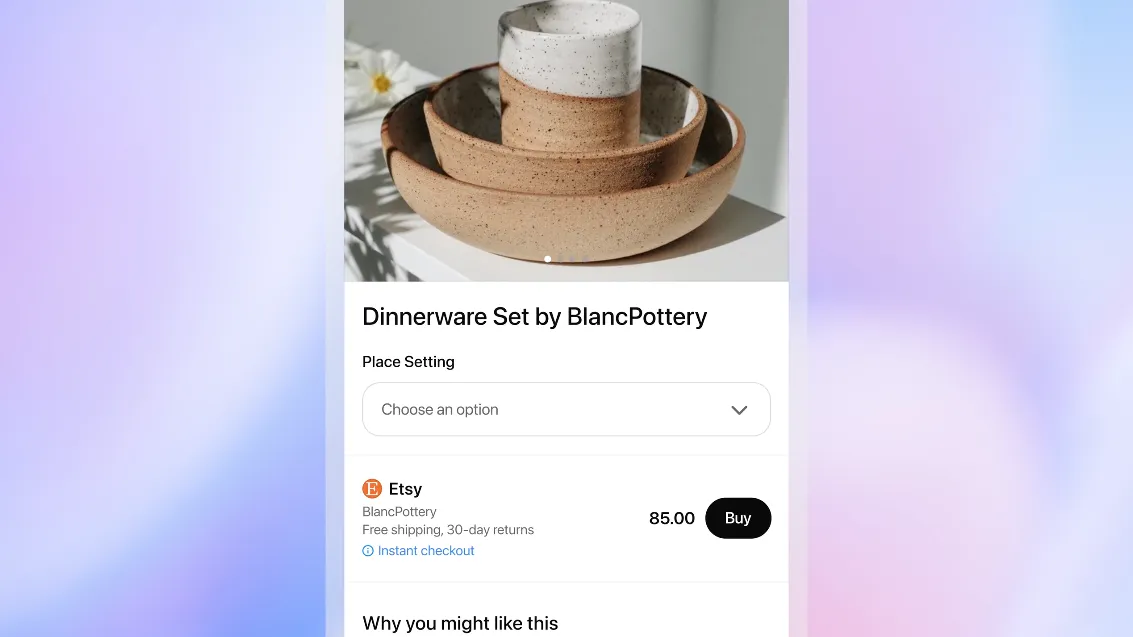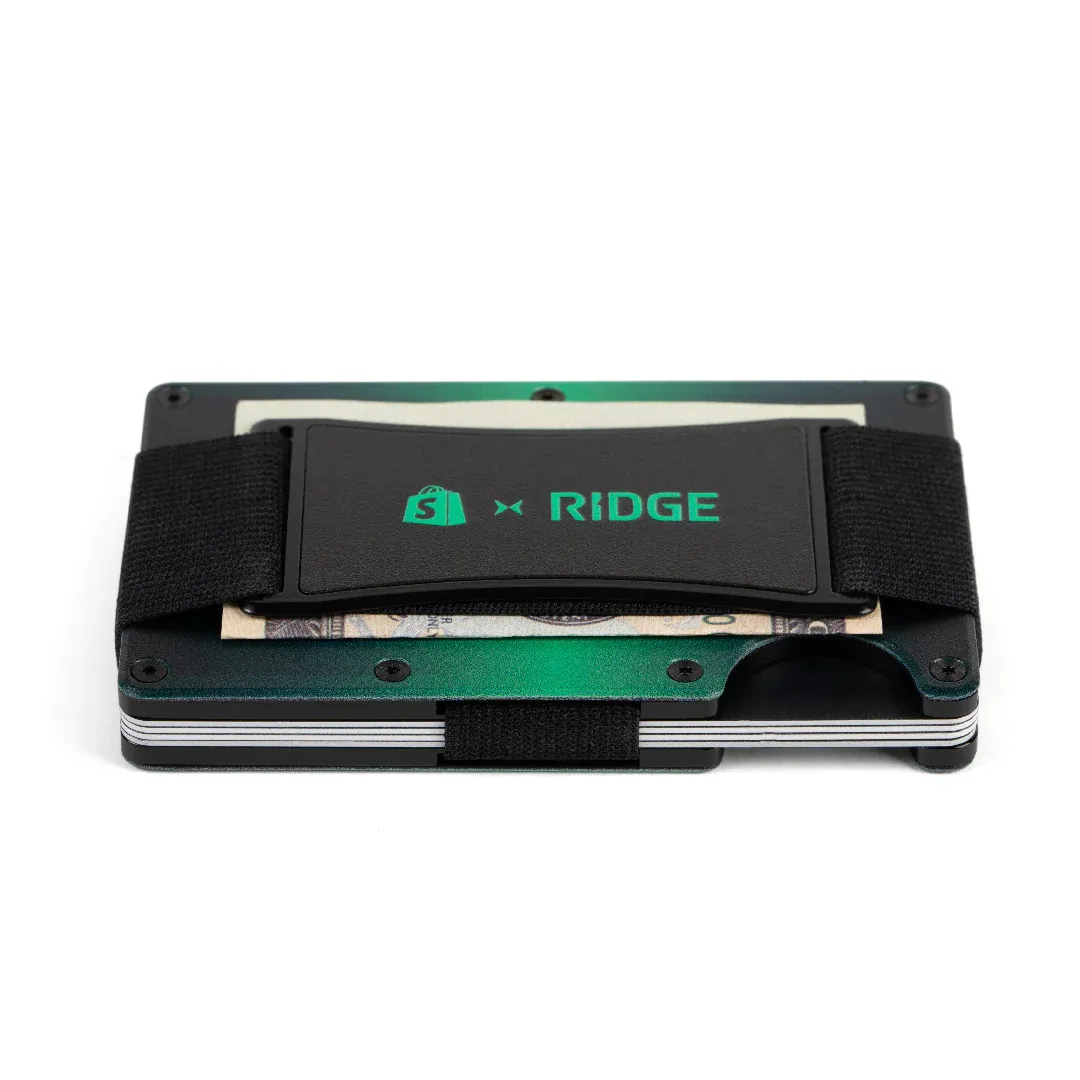Shopify
Shopify is a cloud-based e-commerce platform that allows you to build and run an online store without needing to code. You get everything in one place: website hosting, templates, payment processing, and tools for managing products, customers, and orders.

Company Overview and History
Shopify was founded in 2006 in Ottawa, Canada, by Tobias Lütke, Daniel Weinand, and Scott Lake. The idea came when Lütke, a programmer, wanted to open an online snowboard shop but couldn’t find an e-commerce platform that was both powerful and easy to use. Instead of building just the store, he created the software behind it—laying the foundation for what became Shopify.

Since then, Shopify has grown into one of the world’s leading e-commerce platforms, powering millions of businesses in over 175 countries. The company went public in 2015 on the New York Stock Exchange and Toronto Stock Exchange, and today it processes hundreds of billions of dollars in sales annually.

Shopify’s mission is to “make commerce better for everyone” by providing entrepreneurs and brands of all sizes with tools to start, grow, and scale their businesses. Its ecosystem includes the online store builder, Shopify Payments, Shopify POS for in-person sales, Shop Pay for fast checkout, and the Shopify App Store with thousands of integrations.
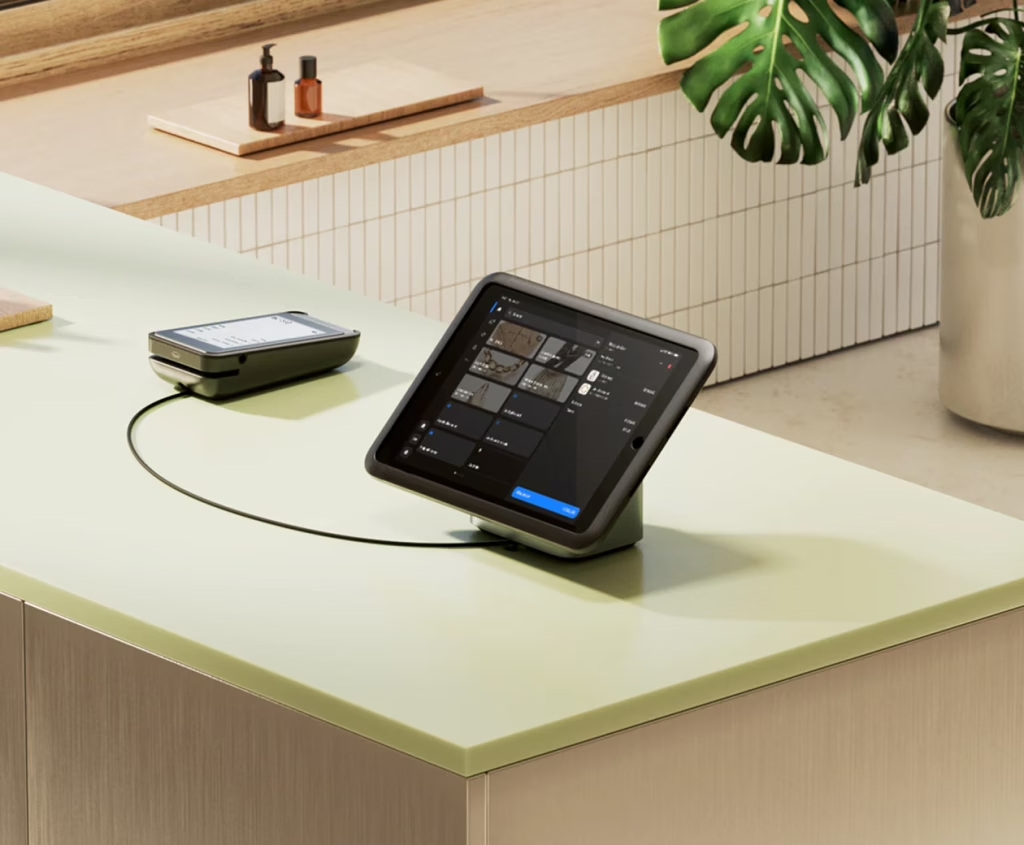
From small startups to household names like Gymshark, Allbirds, and Heinz, Shopify supports businesses at every stage—making it a cornerstone of modern e-commerce.
Shopify Standout Features
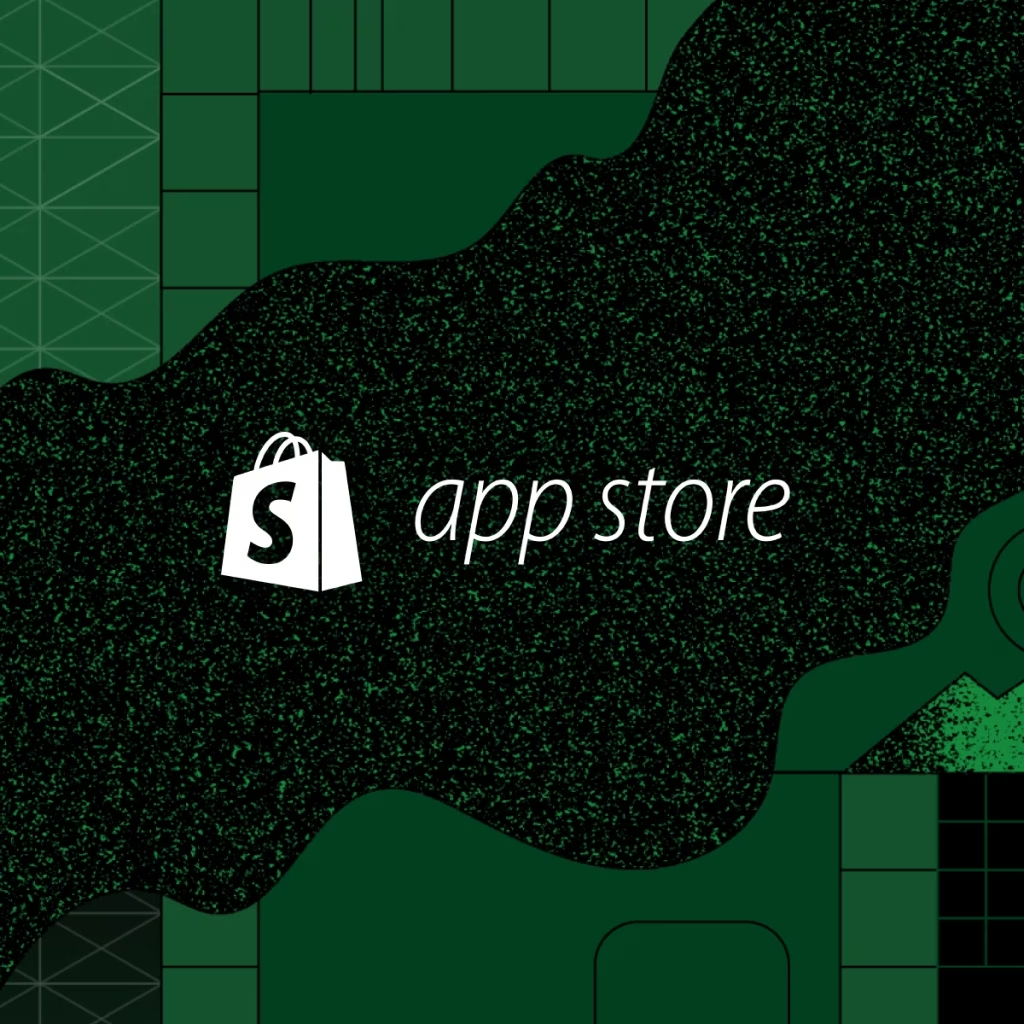
Shopify App Store
The Shopify App Store gives you instant access to thousands of apps that extend your store’s functionality without needing a developer.
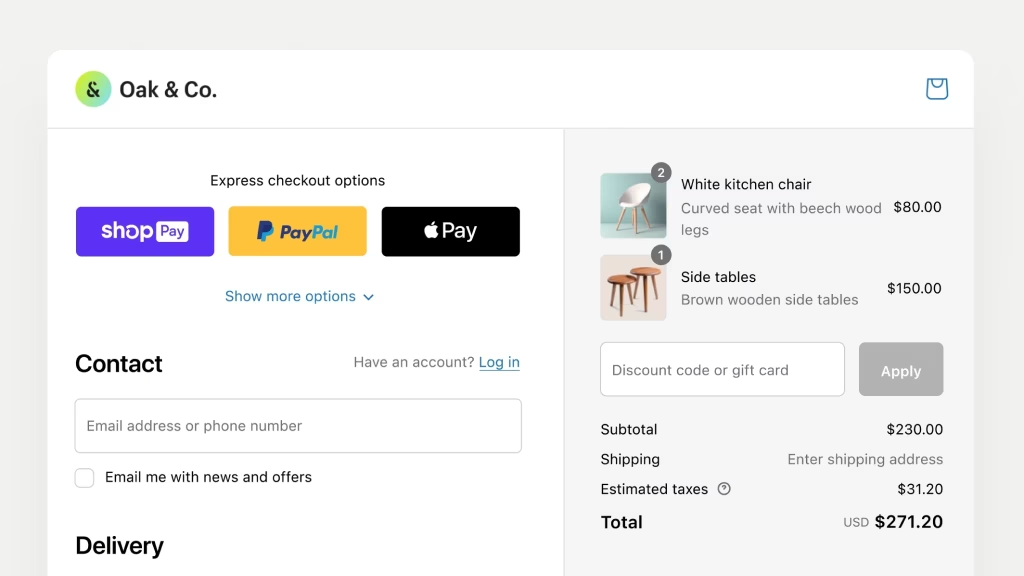
The World’s Best-Converting Checkout
Independent research shows it converts up to 15% better on average than competing checkouts.

Embedded AI
Shopify Sidekick AI helps you manage your store and even customize your theme through vibe coding.
Shopify Pricing
Third-party gateways fee 2.0%
Third-party gateways fee 1.0%
Third-party gateways fee 0.6%
Third-party gateways fee 0.2%
Expert's Opinion
Shopify FAQs
Shopify offers several pricing plans starting with a basic option for small businesses and scaling up for larger enterprises. Costs depend on features and transaction fees.
The entry plan – Shopify Basic starts at $39 per month (or $29 if you pay yearly).
Yes, Shopify provides a free trial so you can test the platform before committing. Technically the free trial is limited to 3 days only, but the first three months will cost you only $1 per month.
So in reality the "free" trial is over 90 days which is enough time to get your business going.
No, Shopify is designed for ease of use. You don’t need coding skills, though developers can customize stores with Liquid, Shopify’s templating language. If you are non-developer, you can take advantage of Sidekick AI and create a custom section using "vibe coding".
You also don't need to worry about web hosting, SSL, domains, etc. – Shopify handles all of these for you.
Yes, Shopify supports multilingual storefronts and multi-currency checkout for global selling. Your customers can pay using 130+ different currencies.
The storefront and checkout can be localized into any language using the theme settings. The admin of your Shopify store is currently available in English, Chinese (Simplified), Chinese (Traditional), Czech, Danish, Dutch, Finnish, French, German, Italian, Japanese, Korean, Norwegian, Polish, Portuguese (Brazil), Portuguese (Portugal), Spanish, Swedish, Thai, and Turkish.
Shopify Payments covers major credit cards, Apple Pay, Google Pay, Shop Pay and more. You can also connect third-party gateways like PayPal or Klarna.
It also supports various local payment methods like: Bancontact, BLIK, Electronic Payment Standard, iDEAL, Klarna, MobilePay, Multibanco, Przelewy24, Sofort, Swish, or TWINT.
You can also add manual payment methods like Cash on Delivery or Bank Transfer for which you don't pay any fees to Shopify.
Yes, you can purchase a new domain through Shopify or connect one you already own.
Yes, Shopify includes built-in SEO features like editable meta tags, sitemaps, and optimized site structure.
Yes, Shopify offers its own fulfillment services in select regions and integrates with carriers like UPS, DHL, and FedEx.
Yes, with Shopify POS you can sell in retail stores, pop-ups, or events.



